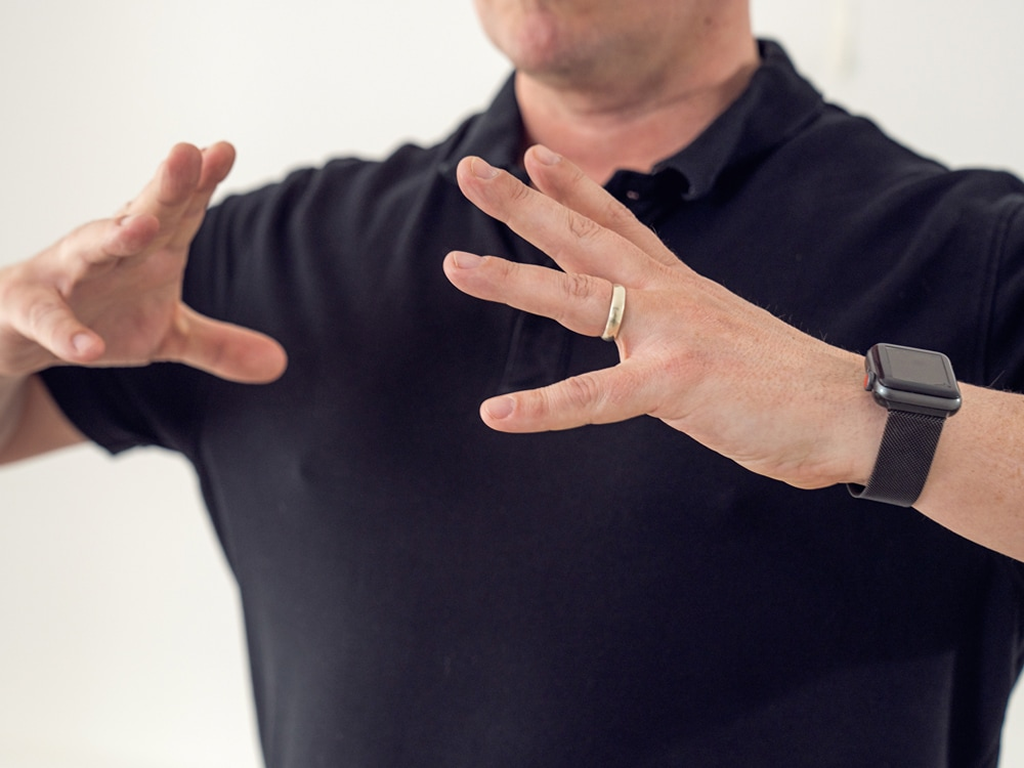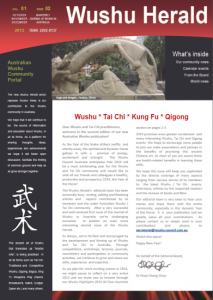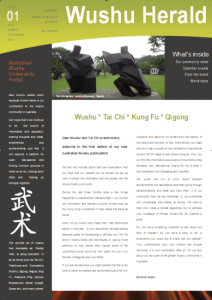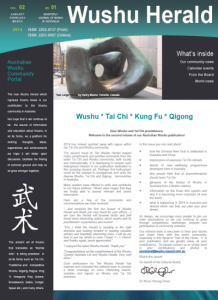Tai Chi Expertise Classification in Older Adults Using Wrist Wearables and Machine Learning
by Dr Yang Hu, Mengyue Huang, Jonathan Cerna, Rachneet Kaur, Dr Manuel E Hernandez
* July 2024, Sensors 24(15):4955
Abstract
Tai Chi is a Chinese martial art that provides an adaptive and accessible exercise for older adults with varying functional capacity. While Tai Chi is widely recommended for its physical benefits, wider adoption in at-home practice presents challenges for practitioners, as limited feedback may hamper learning. This study examined the feasibility of using a wearable sensor, combined with machine learning (ML) approaches, to automatically and objectively classify Tai Chi expertise. We hypothesized that the combination of wrist acceleration profiles with ML approaches would be able to accurately classify practitioners’ Tai Chi expertise levels. Twelve older active Tai Chi practitioners were recruited for this study. The self-reported lifetime practice hours were used to identify subjects in low, medium, or highly experienced groups. Using 15 acceleration-derived features from a wearable sensor during a self-guided Tai Chi movement and 8 ML architectures, we found multiclass classification performance to range from 0.73 to 0.97 in accuracy and F1-score. Based on feature importance analysis, the top three features were found to each result in a 16–19% performance drop in accuracy. These findings suggest that wrist-wearable-based ML models may accurately classify practice-related changes in movement patterns, which may be helpful in quantifying progress in at-home exercises.
Full Text available
About the Author(s):
Yang Hu – M.S. Ph.D Professor (Assistant) at San Jose State University, San Jose, United States
Dr. Yang Hu earned her Ph.D. in Kinesiology with a concentration in neuromechanics from the University of Illinois Urbana-Champaign. Her current specialization is an interdisciplinary field that combines neurosciences, biomechanics, and biomedical engineering. She earned her M.S. in Kinesiology with a concentration in biomechanics from Southern Illinois University Carbondale and B.S. in Sports Somatic Science (Kinesiology) with a concentration in exercise physiology from Beijing Sport University. Dr. Hu’s research investigates cortical control of mobility and balance in humans, its interaction with aging, pain, cognitive function, chronic condition, disease, and exercise intervention, and implementing technologies to address health monitoring and rehabilitation issues. Apart from academic activity, she enjoys video games, music, reading, handcrafting, cooking, and generally all outdoor activities.
“Throughout my early academic journey, I have developed a research agenda with the purpose of improving older population health outcomes through neuromechanical approaches to understanding the mechanism behind aging-related changes and mind-body exercises that affect balance and mobility. Specifically, I am interested in understanding how aging’s impact on movement intention translates to action through the complex interplay between the nervous system and the musculoskeletal system. These basic science findings can facilitate advances in the understanding of movement disorder and in identifying mechanisms of prevention and rehabilitation. I am also interested in developing technology tools and implementing excise programs based on these mechanisms that directly benefit the older population.”
Mengyue Huang – School of Information Sciences, University of Illinois Urbana-Champaign, Urbana, IL 61801, USA
Jonathan Cerna
- Master of Science
- PhD Student
Neuroscience PhD student at the University of Illinois Urbana-Champaign; Beckman Institute for Advanced Science and Technology; University of Illinois, Urbana-Champaign
Rachneet Kaur – Department of Industrial and Enterprise Systems Engineering, University of Illinois at Urbana-Champaign, Urbana, IL 61801, USA;
“I am interested in Machine Learning, Deep Learning and Operations Research.”
Dr Manuel E Hernandez – Ph.D., Professor (Assistant). University of Illinois, Urbana-Champaign, Department of Kinesiology and Community Health
“My research has focused on the use of experimental and theoretical models of risk factors for injury or disability during the performance of goal-directed movements in older adults with and without neurological disorders, particularly Parkinson’s disease. I am interested in the behavioral and neural mechanisms underlying postural dysfunction in older adults and particularly in the development of behavioral and neural biomarkers for early detection of neurological disorders.”
















